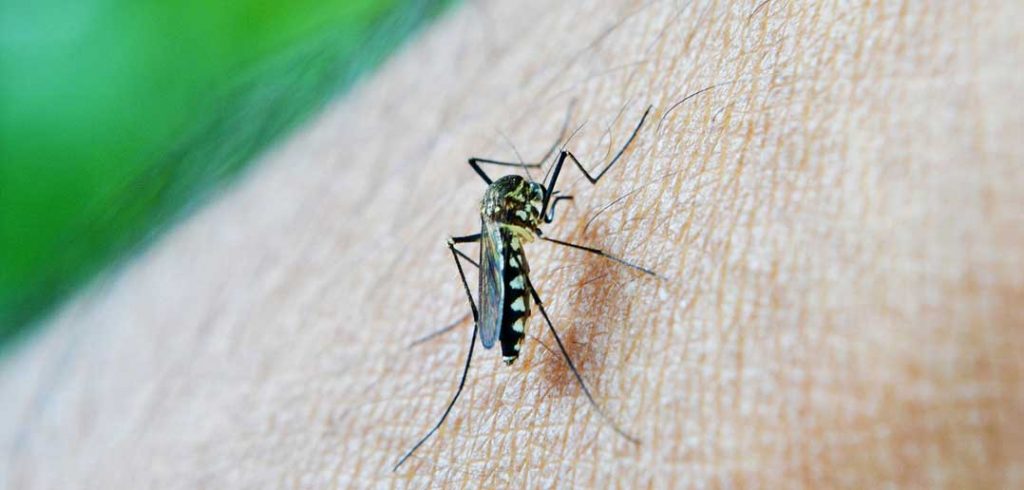The Aedes aegypti (or yellow fever) mosquito spreading Zika virus in Brazil is rarely found in New York state, says Thomas Daniels, PhD, director of Fordham’s Calder Center Biological Field Station and co-director of its vector ecology lab. Even though its Aedes cousin, the Asian Tiger mosquito, does appear in the state (and could carry Zika), it is more likely that any U.S. outbreak would occur much farther south, as mosquitos prefer sub-tropical temperatures. Hear the interview here:
Daniels also added that while Zika virus is a mosquito-borne illness, “there is a case of what looks like sexual transmission – one partner became infected and seems to have passed the virus to his partner via intercourse.
“Another case confirmed virus in a man’s semen, also suggesting sexual transmission is possible. We don’t know how rare it is but the fact that it seems to have happened at all is noteworthy. Also, if an infected person is viremic (lot of virus circulating in the blood) and is bitten by a competent vector mosquito (an Aedes species that can transmit the virus), the mosquito can acquire infection from the person and then transmit it to another host. This may be aiding the spread of the virus during an outbreak. So while it’s not direct transmission from one person to another (as the sexual transmission is), we are involved in the cycle,” he said.

